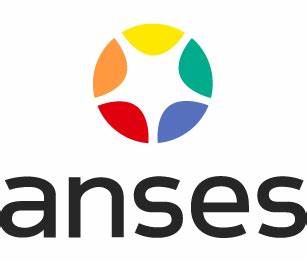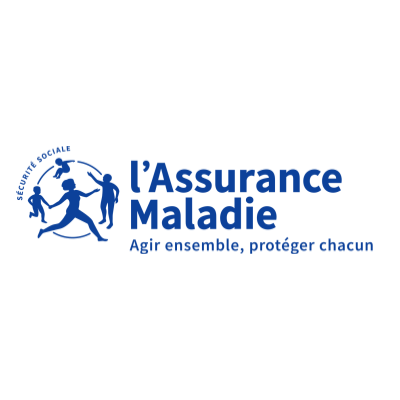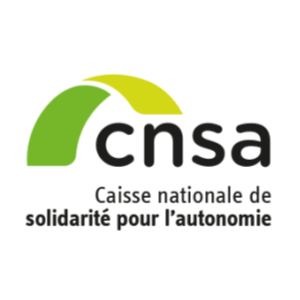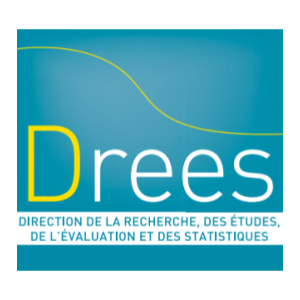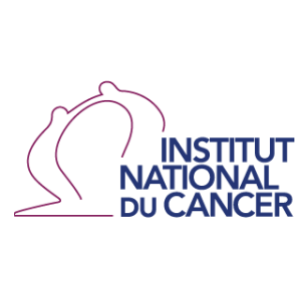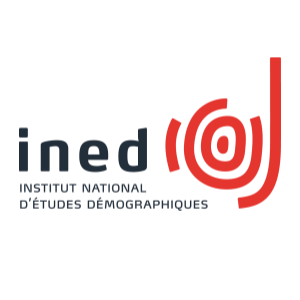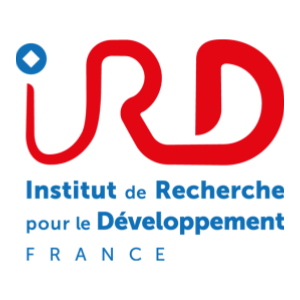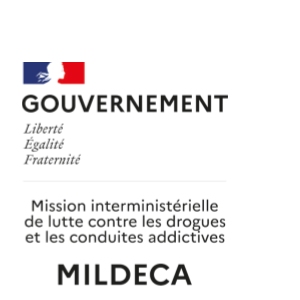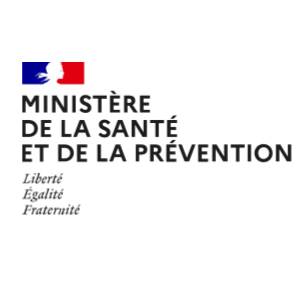Inégalités sociales de santé dans un contexte urbain à l’heure de changements socioéconomiques majeurs: étude des déterminants individuels et contextuels dans le Grand Paris
Résumé de soumission
The SIRS survey (Santé, Inégalités et Ruptures Sociales – Health, Inequalities and Social Disruptions) aims at investigating the social and territorial determinants of health in the Greater Paris area. It includes 3000 people and constitutes a representat
Equipes du projet
Coordonnateur :
MENVIELLE Gwenn
N° ORCID : 0000-0002-3261-6366
Structure administrative de rattachement : Inserm
Laboratoire ou équipe : Institut Pierre Louis d’Epidémiologie et de Santé Publique Inserm U1136
Autres équipes participantes :
Responsable de l'équipe 2 : PARIZOT Isabelle
Centre Maurice Halbwachs (UMR 8097), Equipe de recherche sur les inégalités sociales (ERIS)
Responsable de l'équipe 3 : VALLEE Julie
UMR 8504 Géographie-cités. Equipe P.A.R.I.S
Responsable de l'équipe 4 : JUSOT Florence
LEDA-LEGOS (Dauphine Economics Laboratory - Laboratory for the Economics and Management of Health Organisations), Université Paris-Dauphine
Dites-le nous !

